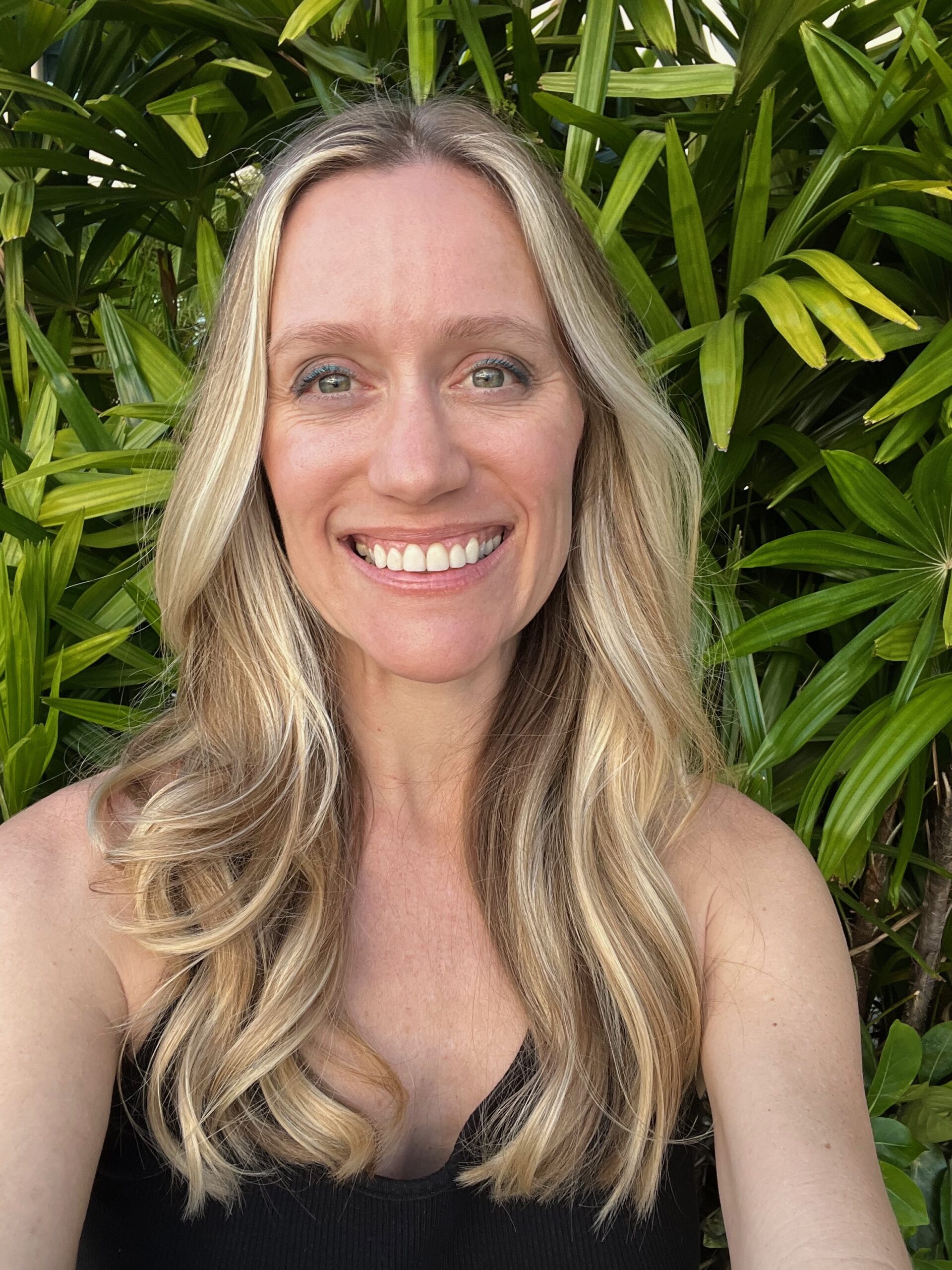Teaching

I have been teaching at the college level since 2009, when I taught rhetoric and composition at the University of South Carolina. There, I received comprehensive training in pedagogy and course design that inform my teaching of psychology today. My broad teaching goals are to equip students with the critical thinking skills needed to become good citizens and research consumers. I also aim to invest in working class and local students so that they are competitive for local professional positions and graduate schools in an effort to increase their representation in the psychology profession.
Learning humanizes character and does not permit it to be cruel.
Ovid
My teaching philosophy is informed by my formal pedagogical training as well as community psychology values of collaboration, respect for diversity, sense of community, and power sharing. I strive to create a sense of community in my classroom and to create a safe space in which students of diverse backgrounds belong and contribute meaningfully. I conceptualize teaching and learning as processes of mutual knowledge sharing and building between teacher and students. Similar to Friere’s “problem-posing education” (Friere, 2000) and bell hooks’ “engaged pedagogy,” (hooks, 2003) my pedagogy views students as active players in knowledge production as opposed to passive receptacles to be filled with information. This approach encourages praxis: “action and reflection upon the world in order to change it.” (hooks, 2003, pg. 14)
Courses

Community Psychology
This class provides students with an introduction to the field of community psychology. This area of psychology is concerned with the scientific study of social problems and their solutions by examining the interaction of individuals and contexts. My goals for this class are to help students understand community-based research and to encourage them to think about how research findings can be used to address social problems. At the end of this course students should be able to explain how contexts impact individual health and well-being and should be able to think critically about the role of contexts in psychology, research, and in their own lives.

Cross-Cultural Psychology
This course provides an introduction to the central concepts and issues related to cross-cultural psychology, particularly related to defining and measuring cultural impacts on psychology. At the end of this course, students will know to define culture, how it interacts with the major research concentrations in the field of psychology, and the various ways in which culture is studied and measured. Students will be familiar with the role culture has played in the history of modern psychological research. Finally, students will be able to think critically about the role of culture in psychology, research, and in their own lives.

Health Psychology
This class provides students with an overview of health psychology, which examines and addresses the ways in which biological, social, and psychological factors interact to impact health and wellbeing. At the end of this course students should be able to explain how social determinants of health impact individual health and well-being and should be able to think critically about the ways in which psychological science can be used to promote health, prevent illness, and improve health systems.
If you are unable to understand the cause of a problem, it is impossible to solve it.
– Naota Kam
